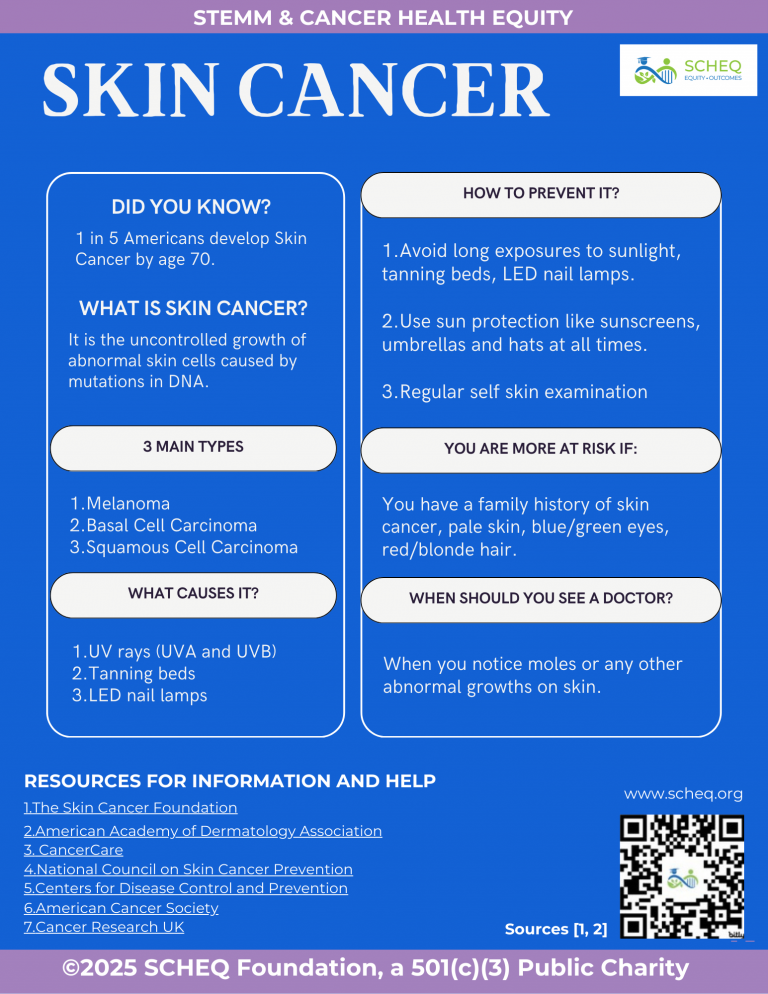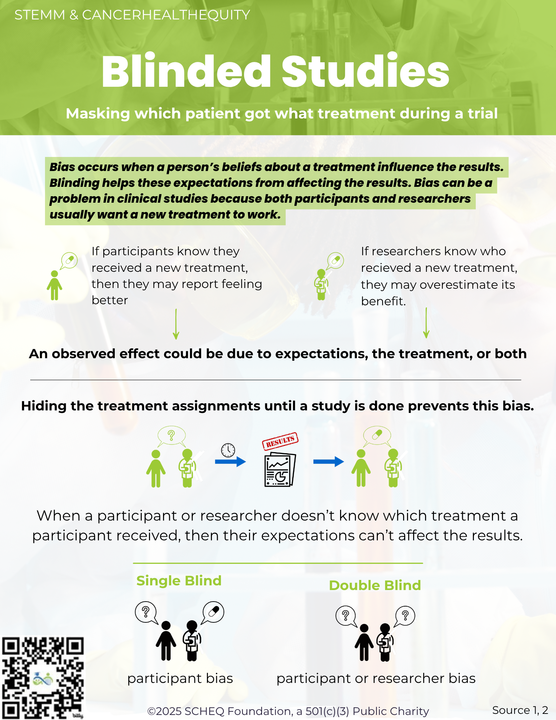Born in 1833 in Cuba, Carlos Juan Finlay was a physician and scientist credited with discovering that mosquitoes spread yellow fever. Both of Finlay’s parents were European and he pursued his early education in France. Finlay earned his Medical Degree from Jefferson Medical College of Philadelphia in 1855. During his medical studies, he befriended and was mentored by John Kearsly Mitchell and his son Silas Weir Mitchell, who were early proponents of germ theory. While Finlay found these scientific endeavors interesting, he found himself yearning to return to Cuba to practice alongside his father, which he did in 1864.
While Finlay’s primary profession was as a physician, his scientific accolades and achievements are in the realm of public health. As a physician, he saw yellow fever, malaria, and cholera outbreaks. Notably, in 1867, Finlay hypothesized that cholera was spread by sewage contamination of the public water supply, directly in contention with scientific hypotheses at the time. In 1879, Finlay was appointed as the representative from Cuba for the U.S. Yellow Fever Commission. Subsequently, he presented a paper in 1881 to the Academy of Sciences in Havana entitled “The Mosquito Hypothetically Considered as the Transmitting Agent of Yellow Fever”, which purported that the female Culex (now called Aedes aegypti) mosquito was the intermediate transmission agent of yellow fever. The scientific community broadly rejected his scientific hypotheses at large and Finlay worked for 20 years to prove the hypothesis of transmission true using human volunteers for experimental inoculation.
In 1900, Walter Reed and his commission confirmed Finlay’s hypothesis that the mosquito is the intermediate transmission agent of yellow fever, in part through collaboration and supply of samples from Finlay himself. Finlay was appointed as Cuba’s Chief Sanitary Officer in 1902 following the end of the Spanish-American war and then was elected as president of the American Public Health Association. Today, he is remembered as not only a physician, but a visionary and pioneer of public health.
Sources:




